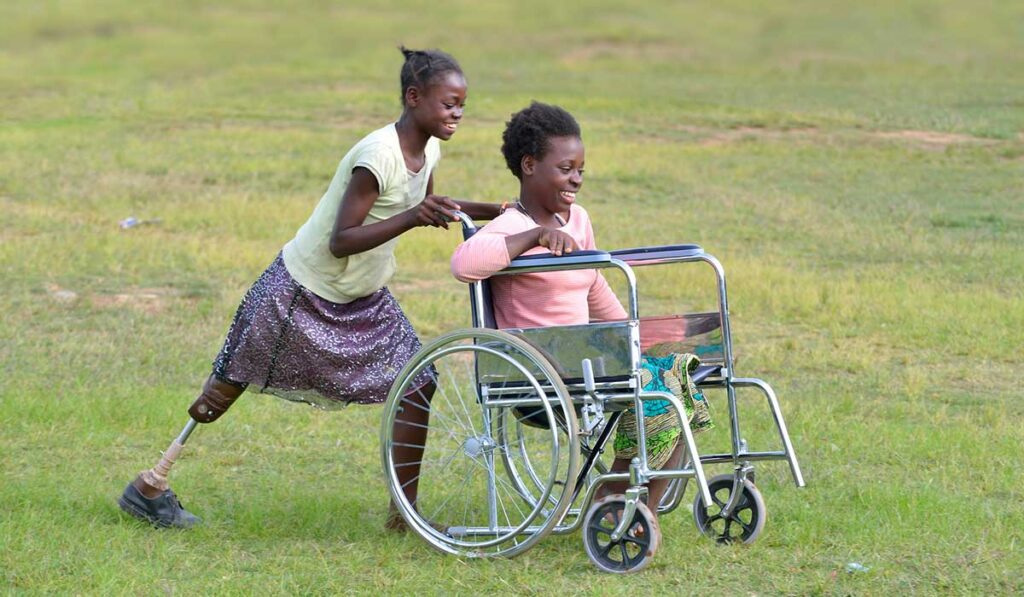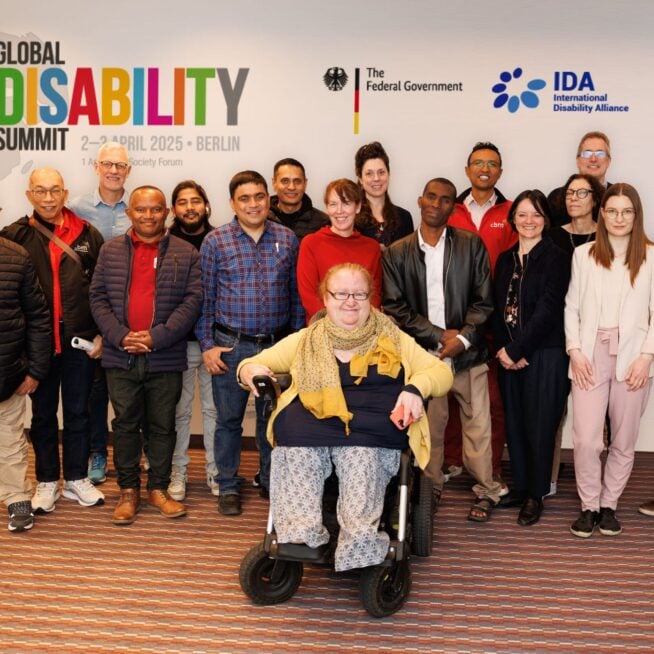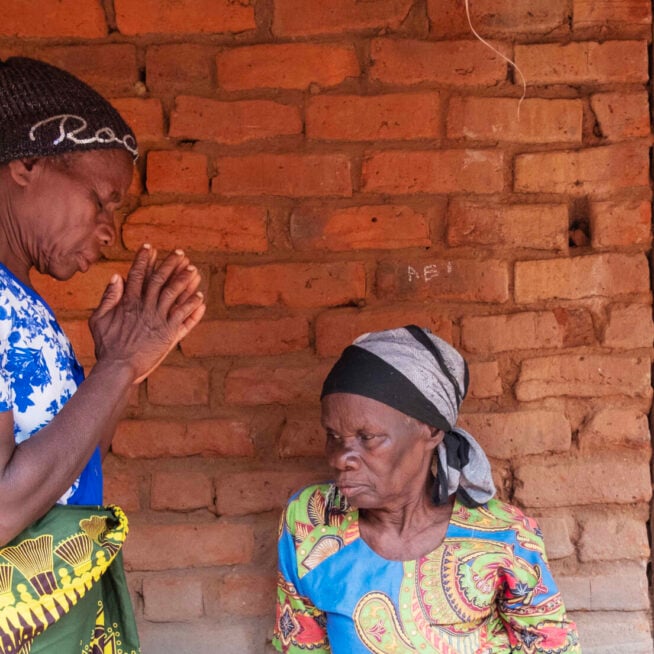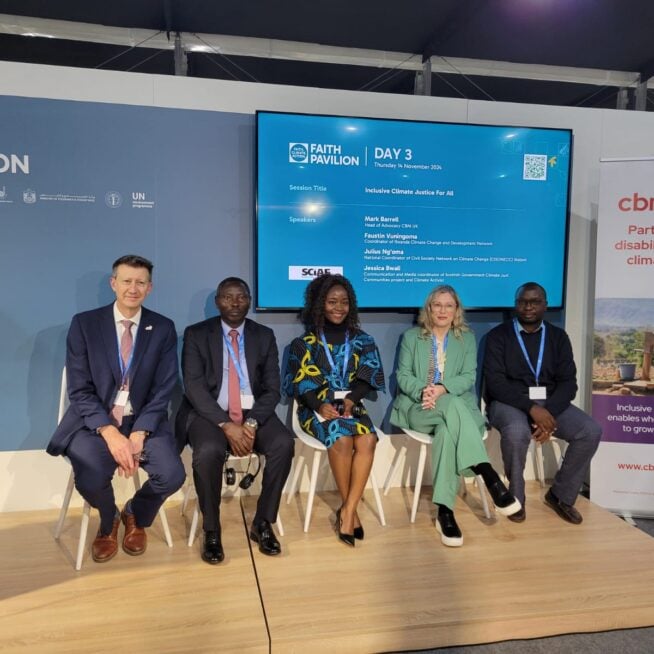Want to transform lives with us? Stay in touch and hear about our news, activities and appeals by email!
People with Disabilities don’t have the luxury of time – action is needed now

The International Development Strategy (open in new tab) (IDS) launched on 16th May 2022 by the UK Government has been long awaited. But was the wait worth it for those who need the FCDO to be a global lead in breaking the cycle of poverty for people with disabilities?
The IDS boldly states that “Success means unleashing the potential of people in low- and middle-income countries to improve their lives” but, despite a recognition “that global challenges have pushed millions into poverty”, there is no observable strategy to focus concerted efforts on eradicating poverty and improving the lives of the most marginalised. Without this, and by not directly transforming the economic inequities of the most marginalised, everyone including the UK will still face many, if not all, of the risks identified in the IDS resulting in any hoped for success being undermined.
At CBM UK we believe this lack of focus on eradication of extreme poverty is a glaring omission especially given the fact that only three months ago the UK Government announced its Disability Inclusion and Rights Strategy (open in new tab). In that document, which is not referred to in the IDS, the FCDO openly acknowledged that “The world is at a watershed moment” and that the crises of conflict, climate change, and COVID-19 “are disproportionally affecting marginalised people … trapping them in cycles of poverty and vulnerability… [and] as one of the most excluded groups in society, people with disabilities are more likely to be impacted”.
The IDS headlines reliable honest investment, freedom for women and girls to succeed, life changing humanitarian assistance, and moving forward on climate change, nature and global health. These are commendable but the underlying substance of the IDS lacks any proactive approach to make sure these headlines, and the funding to implement change, will reach those who most need it. The UK Government instead relies on a long term trickle down geopolitical approach of trade and investment that supports a “global Britain” rather than committing itself to an approach that reaches the most marginalised. Moreover there is an implication that patience is required to see anything of substance happen, in the words of the IDS: “There are no quick fixes. A patient approach is essential.”
But patience has already run thin, if not run out for people with disabilities. Long term commitment is always welcome but the recent aid cuts, with swathes of projects stopped in their tracks, means any confidence in the UK being a global leader to champion support for the most marginalised has all but vanished. We are only eight years away from meeting the Sustainable Development Goals deadline. Nothing suggests that people with disabilities who are more proportionately left behind in all spheres of society will, in reality, benefit from improvement in their lives by 2030 in this IDS.
At CBM UK we remain committed to partnering with and amplifying the voice of those who are most marginalised, enabling them to bring the transformation needed in their lives and communities. We will continue to ask the UK Government to do them same and hold them accountable for any failure to do so.
Image: A girl with a prosthetic leg pushing a girl in a wheelchair across a field. ©CBM




